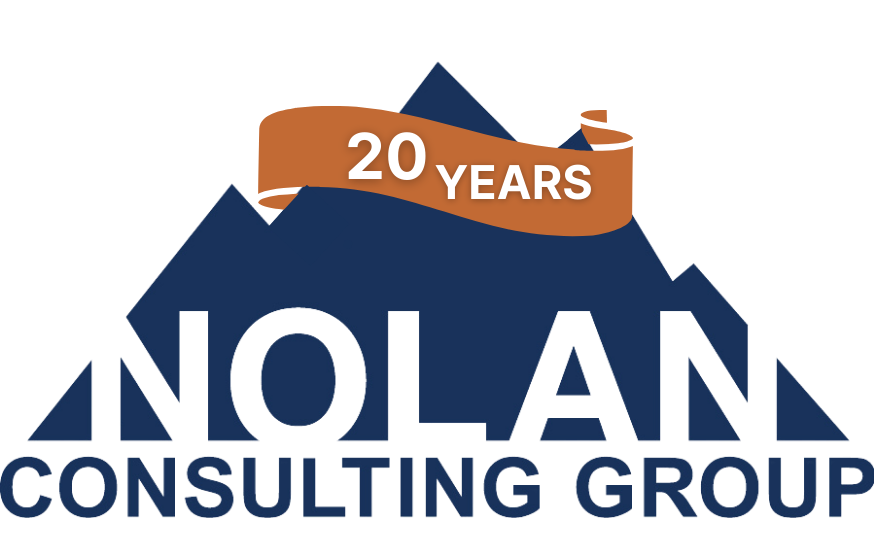Conflict Management

Does Conflict bother you? Does your management style encourage your team to avoid having difficult conversations with you and their peers? Are your management meetings a series of 15-minute huddles with little to no discussion about growth topics?
Stop that now! Using a few tried and true tips AND setting a safe zone for your team will only serve to encourage healthy conflict. And it is through conflict that you and your team can come to those decisions that spur growth.
Start with a safe zone. Make sure you identify meetings as such. As Kevin Nolan from Nolan Painting often points out, this requires a direct and assertive statement on your part: “speak up, all dissention is welcome.” It may even be necessary to prod: “hey Andrew, you look concerned, got something on your mind?” As with most change, you will need to be both patient and persistent. After all, your team has been trained to avoid what they perceive as a career-limiting conversation. People are often afraid of taking an opposing stand because they don’t want to put their job at risk. Even it if means making a terrible mistake for the business.
Use your eyes and ears:
Listen for personal comments; do not allow a person to attack another or question performance. This is about a process, system or decision. Not about a person. Step in when necessary to reframe a statement:
“You can’t get this done by June 1; you have lousy time management skills!”
Vs.
“Have you considered your other priorities when choosing that date?”
Also, be aware of the facts and stories. This can be a bit tricky to spot, as you are looking for clues in someone else that they are not being objective. Inquire “do you know that to be true?” or “can you give me specific examples of when you have seen that happen?” Don’t hesitate to bring out the ultimate question “are you sure that isn’t a story you are telling yourself?”
Watch your team. Is someone squirming under the scrutiny, is eye contact fleeting, do you have team members leaning in aggressively or others crossing arms and leaning way back as if to avoid the conversation? Is the body language extreme or are you witnessing a slight elevation in tension that is getting everyone out of their comfort zone? Employ every poker skill you have ever used and read the people around you!
Lastly, be comfortable with people questioning you or challenging your decisions. Employee engagement is a predictor of growth and one of the signs of an emotionally intelligent leader is one whose management teams can engage in healthy conflict. If your employees feel they can’t be open with you and give you input, new ideas will be limited. This is a true indicator of engagement!
Let the Conflict and Growth begin!
-Kathryn Freeman
